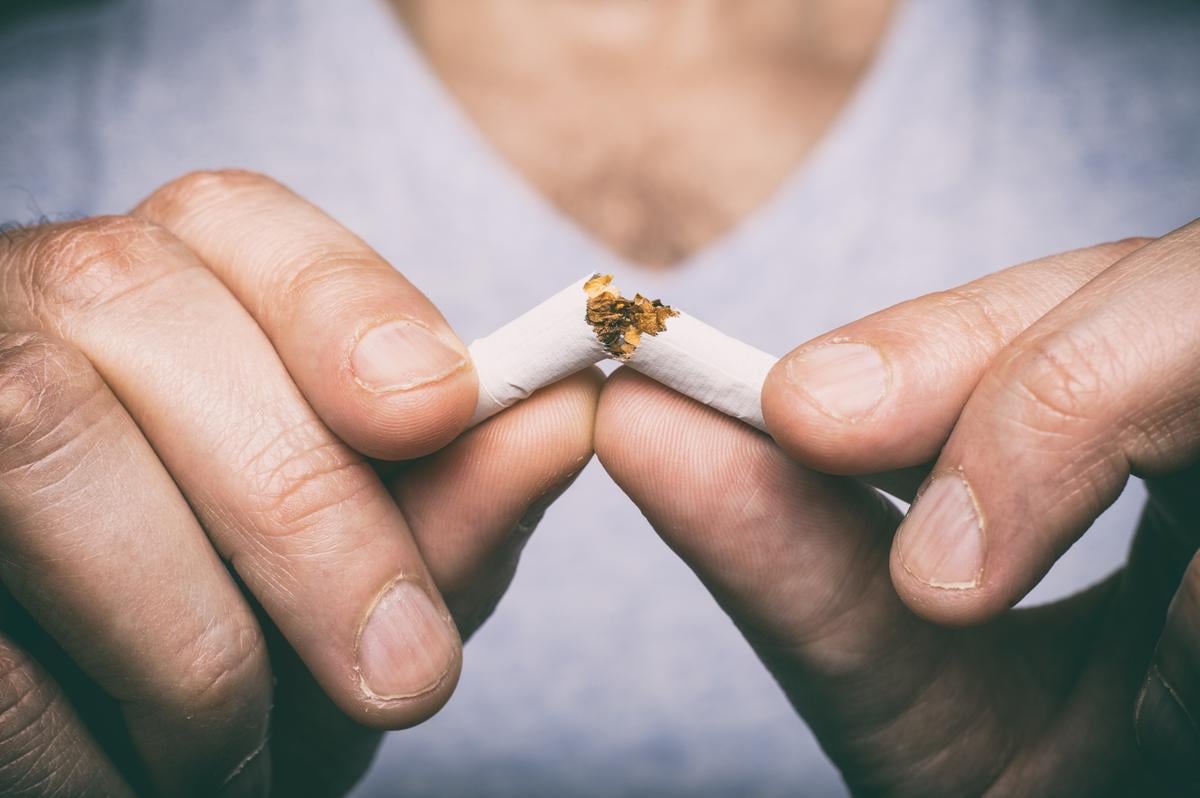
Women past menopause can protect themselves from future fractures through infrequent, cheap IV infusions of a bone-strengthening drug. Women 50 to 60 who got two IV infusions of zoledronate (Reclast) within five years had a 44% lower risk of spinal fractures, compared to women who received a placebo, according to results published Jan. 15 in… read on > read on >
















.jpg)













